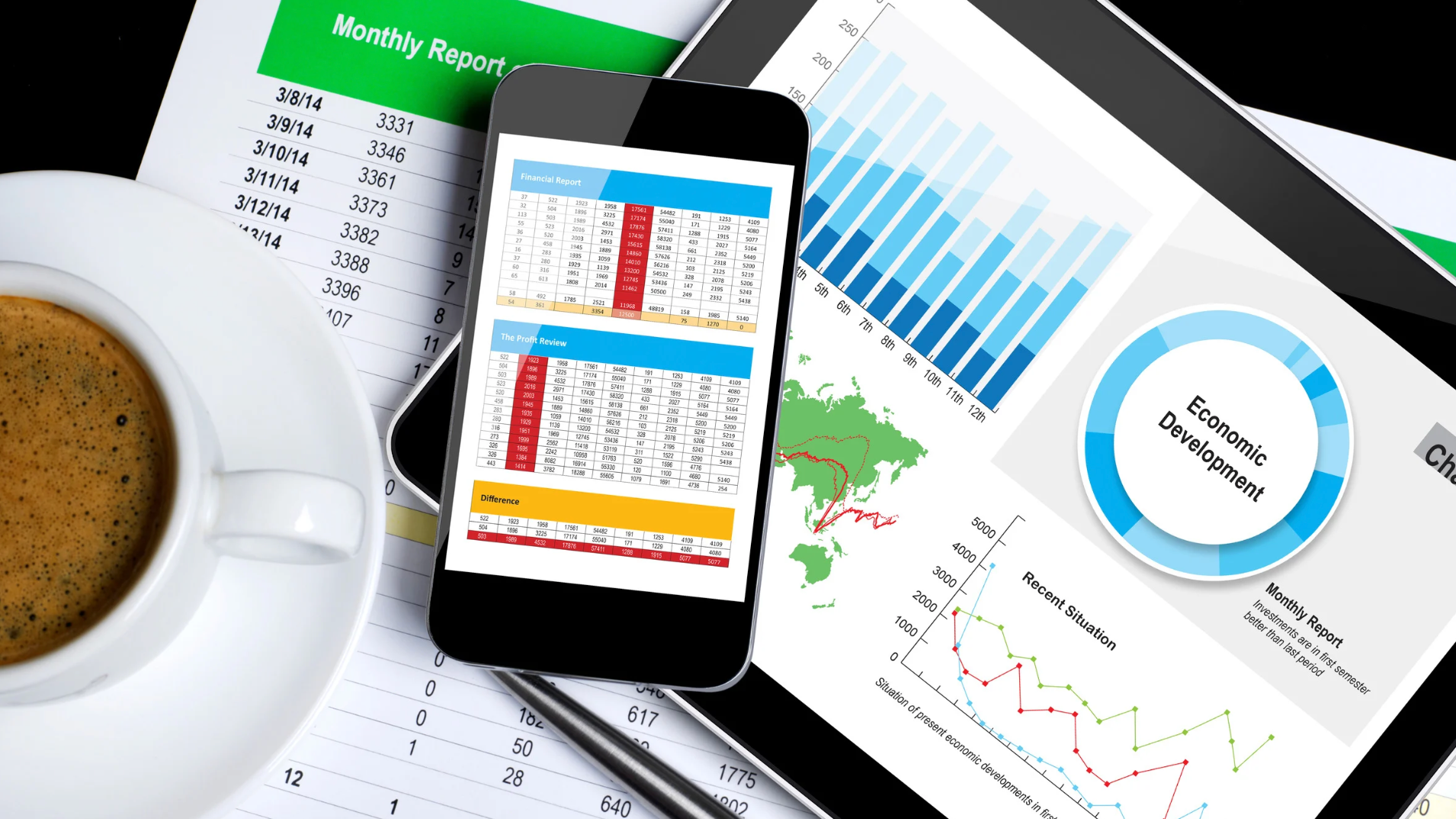Managing staff isn’t just about what happens at work; it’s also about managing holidays. As an employer, you’re responsible for keeping accurate, up-to-date records about much-deserved time off.
Here are five key points to remember about annual leave:
- Annual holiday entitlement does not expire; staff are entitled to their holidays until they take them. This entitlement does not expire, meaning staff can accumulate leave over time. However, only one week’s leave per year may be cashed up, and this can only be done with your consent. It's important to communicate this clearly to your employees to avoid any misunderstandings.
- As an employer, you need to be reasonable when considering annual leave requests. You cannot unreasonably refuse an employee who wants to take their entitled leave. This means taking into account the needs of your business while also considering the personal circumstances of your employees. Striking a balance between operational requirements and employee well-being is crucial.
- While you need to be reasonable with annual leave requests, you do have the right to decline unpaid leave requests or requests for advance holidays. Unpaid leave is not an entitlement, and granting it is at your discretion. Similarly, you are not obligated to approve requests for taking annual leave in advance. Clear policies on these matters can help manage expectations and ensure consistency.
- If you and your employee cannot agree on when leave should be taken, you can require them to take a holiday. However, you must provide at least 14 days’ notice. This can be particularly useful in managing leave balances and ensuring that employees take regular breaks, which is beneficial for their well-being and productivity.
- A business cannot make an employee take their annual holiday in advance, except when the company has an annual closedown. This means that outside of a closedown period, employees should not be forced to use leave they have not yet accrued. It's important to plan for such closedown periods well in advance and communicate them clearly to your staff.
To effectively manage annual leave, it's helpful to systematise your processes. Maintain an annual leave planner within the business to record all leave taken and planned by team members. Various online formats are available, but an old-school wall planner can be just as effective. Employment Agreements should set out all leave entitlements and any conditions that apply. Additionally, when new staff join the team, provide them with a team handbook that includes information about leave entitlements.
Make sure you follow the tax rules applying to leave. For instance, an employee is liable for PAYE on pay for annual leave and statutory holidays. Ensuring compliance with tax obligations is crucial to avoid any legal issues.
By keeping these five points in mind and systematising your leave management processes, you can ensure that your business runs smoothly while your employees enjoy their well-deserved time off. Remember, managing holidays effectively is just as important as managing day-to-day work activities.













